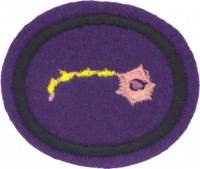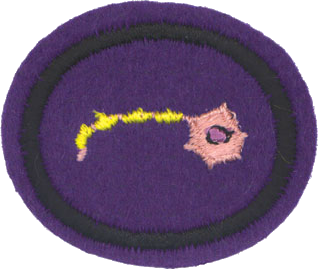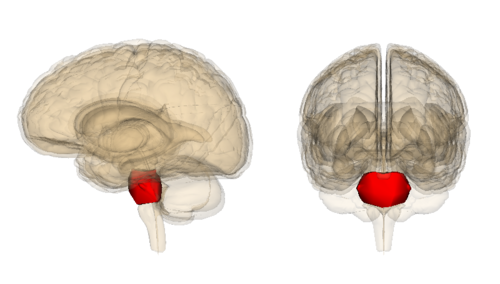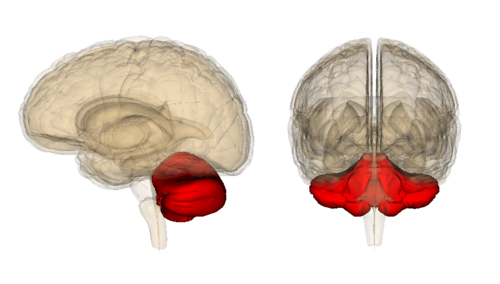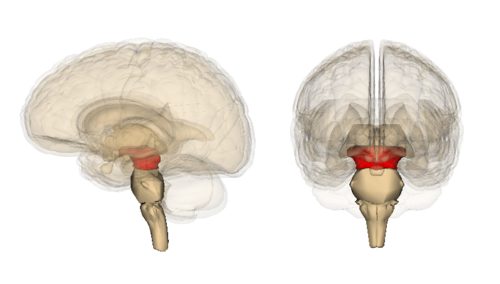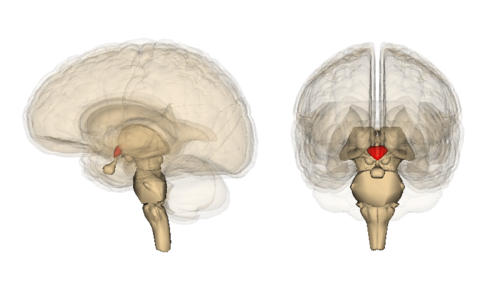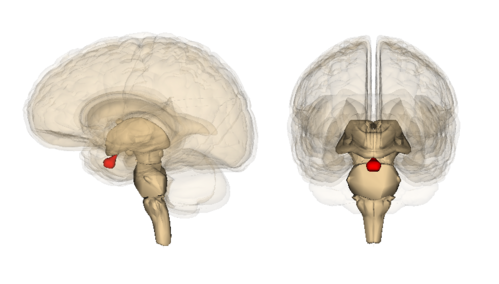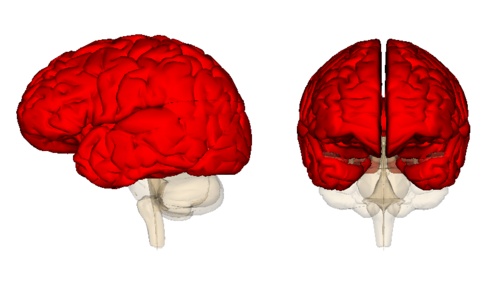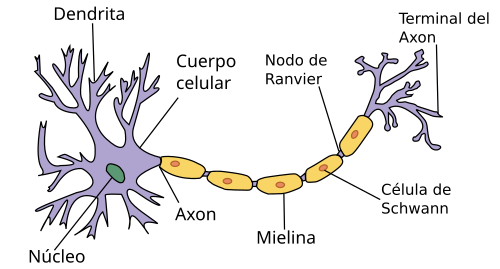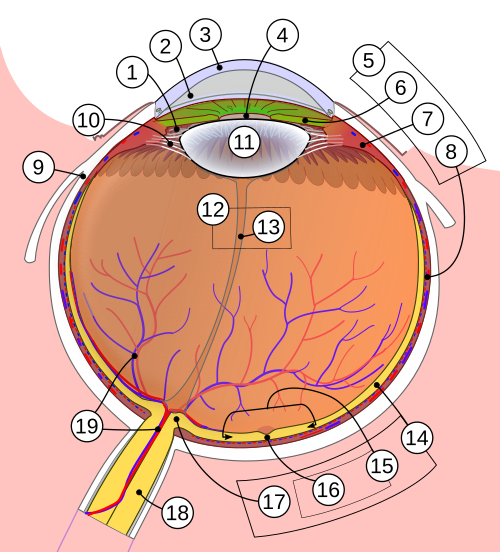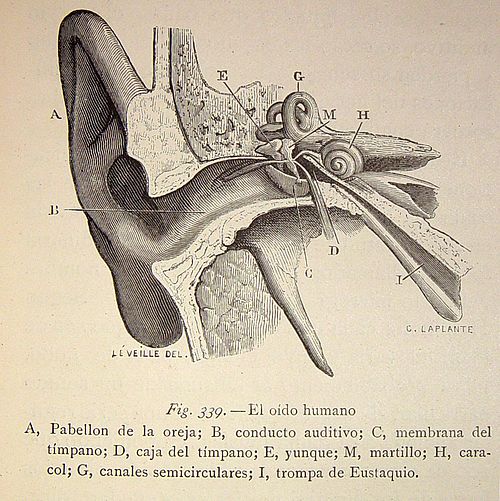Difference between revisions of "AY Honors/Brain and Behavior/Answer Key/es"
(Created page with "{{clear}}") |
|||
| (19 intermediate revisions by 2 users not shown) | |||
| Line 1: | Line 1: | ||
| − | + | {{HonorSubpage}} | |
| − | |||
| − | {{ | ||
| − | |||
| − | |||
| − | |||
| − | |||
| − | |||
| − | |||
| − | |||
| − | |||
| − | |||
<section begin="Body" /> | <section begin="Body" /> | ||
{{ansreq|page={{#titleparts:{{PAGENAME}}|2|1}}|num=1}} | {{ansreq|page={{#titleparts:{{PAGENAME}}|2|1}}|num=1}} | ||
| − | <noinclude> | + | <noinclude></noinclude> |
| − | </noinclude> | ||
<!-- 1. Ser capaz de etiquetar un diagrama o un modelo de un cerebro humano que incluya las siguientes partes: --> | <!-- 1. Ser capaz de etiquetar un diagrama o un modelo de un cerebro humano que incluya las siguientes partes: --> | ||
{|border=0 cellpadding=10 | {|border=0 cellpadding=10 | ||
| Line 30: | Line 18: | ||
|[[File:Telencephalon2.png|thumb|350px|center|h. El '''telencéfalo'''.]] | |[[File:Telencephalon2.png|thumb|350px|center|h. El '''telencéfalo'''.]] | ||
|} | |} | ||
| − | |||
<noinclude></noinclude> | <noinclude></noinclude> | ||
| Line 85: | Line 72: | ||
<noinclude></noinclude> | <noinclude></noinclude> | ||
<!-- 6. ¿Cómo son los sentidos del gusto y el olfato similares y cómo son diferentes? Dibujar un mapa de qué parte de la lengua corresponde a los siguientes sabores: dulce, agrio, amargo y salado. Instrucciones: Pedir a alguien que moje un hisopo en uno de los siguientes: agua de azúcar (para dulce), jugo de limón (para agrio), agua tónica (amarga) o agua salada (sal) y a continuación, tocar ligeramente diferentes partes de su lengua. Notar que las zonas de la lengua gustan la solución que se está poniendo a prueba. Enjuagar con agua pura entre cada prueba y el uso de un nuevo hisopo para cada prueba. --> | <!-- 6. ¿Cómo son los sentidos del gusto y el olfato similares y cómo son diferentes? Dibujar un mapa de qué parte de la lengua corresponde a los siguientes sabores: dulce, agrio, amargo y salado. Instrucciones: Pedir a alguien que moje un hisopo en uno de los siguientes: agua de azúcar (para dulce), jugo de limón (para agrio), agua tónica (amarga) o agua salada (sal) y a continuación, tocar ligeramente diferentes partes de su lengua. Notar que las zonas de la lengua gustan la solución que se está poniendo a prueba. Enjuagar con agua pura entre cada prueba y el uso de un nuevo hisopo para cada prueba. --> | ||
| + | |||
| + | <div lang="en" dir="ltr" class="mw-content-ltr"> | ||
| + | Draw a map of which part of the tongue responds to the following tastes: sweet, sour, bitter, salt. Instructions: Have someone dip a Q-tip into one of the following: sugar water (for sweet), lemon juice (for sour), flat tonic water (bitter) or salty water (salt), and then lightly touch different parts of your tongue. Notice which areas of the tongue taste the solution that is being tested. Rinse with pure water between each test and use a new Q-tip for each test. | ||
| + | </div> | ||
{{clear}} | {{clear}} | ||
| Line 112: | Line 103: | ||
Las tres partes básicas del oído son el '''oído externo''', el '''oído medio''' y el '''oído interno'''. | Las tres partes básicas del oído son el '''oído externo''', el '''oído medio''' y el '''oído interno'''. | ||
| − | + | {{clear}} | |
{{clear}} | {{clear}} | ||
| Line 176: | Line 167: | ||
{{ansreq|page={{#titleparts:{{PAGENAME}}|2|1}}|num=10}} | {{ansreq|page={{#titleparts:{{PAGENAME}}|2|1}}|num=10}} | ||
<noinclude></noinclude> | <noinclude></noinclude> | ||
| − | <!-- 10. | + | <!-- 10. Hacer una lista de por lo menos cinco cosas que se puede hacer para proteger al cerebro de los daños. --> |
| − | |||
| − | |||
| − | |||
| − | |||
| − | |||
| − | |||
<noinclude></noinclude> | <noinclude></noinclude> | ||
| Line 188: | Line 173: | ||
{{ansreq|page={{#titleparts:{{PAGENAME}}|2|1}}|num=11}} | {{ansreq|page={{#titleparts:{{PAGENAME}}|2|1}}|num=11}} | ||
<noinclude></noinclude> | <noinclude></noinclude> | ||
| − | <!-- 11. | + | <!-- 11. Realizar una de las siguientes actividades: --> |
<noinclude></noinclude> | <noinclude></noinclude> | ||
{{ansreq|page={{#titleparts:{{PAGENAME}}|2|1}}|num=11a}} | {{ansreq|page={{#titleparts:{{PAGENAME}}|2|1}}|num=11a}} | ||
| Line 199: | Line 184: | ||
<noinclude></noinclude> | <noinclude></noinclude> | ||
{{ansreq|page={{#titleparts:{{PAGENAME}}|2|1}}|num=11bi}} | {{ansreq|page={{#titleparts:{{PAGENAME}}|2|1}}|num=11bi}} | ||
| − | <noinclude></noinclude> | + | <noinclude></noinclude><noinclude></noinclude> |
| − | |||
| − | <noinclude></noinclude> | ||
{{CloseReq}} <!-- 11bi --> | {{CloseReq}} <!-- 11bi --> | ||
{{ansreq|page={{#titleparts:{{PAGENAME}}|2|1}}|num=11bii}} | {{ansreq|page={{#titleparts:{{PAGENAME}}|2|1}}|num=11bii}} | ||
<noinclude></noinclude> | <noinclude></noinclude> | ||
| − | |||
| − | + | {{clear}} | |
<noinclude></noinclude> | <noinclude></noinclude> | ||
| Line 213: | Line 195: | ||
{{ansreq|page={{#titleparts:{{PAGENAME}}|2|1}}|num=11biii}} <!--T:50--> | {{ansreq|page={{#titleparts:{{PAGENAME}}|2|1}}|num=11biii}} <!--T:50--> | ||
<noinclude></noinclude> | <noinclude></noinclude> | ||
| − | |||
| − | + | {{clear}} | |
<noinclude></noinclude> | <noinclude></noinclude> | ||
| Line 221: | Line 202: | ||
{{ansreq|page={{#titleparts:{{PAGENAME}}|2|1}}|num=11biv}} <!--T:52--> | {{ansreq|page={{#titleparts:{{PAGENAME}}|2|1}}|num=11biv}} <!--T:52--> | ||
<noinclude></noinclude> | <noinclude></noinclude> | ||
| − | |||
<noinclude></noinclude> | <noinclude></noinclude> | ||
| Line 227: | Line 207: | ||
{{ansreq|page={{#titleparts:{{PAGENAME}}|2|1}}|num=11bv}} <!--T:53--> | {{ansreq|page={{#titleparts:{{PAGENAME}}|2|1}}|num=11bv}} <!--T:53--> | ||
<noinclude></noinclude> | <noinclude></noinclude> | ||
| − | |||
<noinclude></noinclude> | <noinclude></noinclude> | ||
| Line 233: | Line 212: | ||
{{ansreq|page={{#titleparts:{{PAGENAME}}|2|1}}|num=11bvi}} <!--T:54--> | {{ansreq|page={{#titleparts:{{PAGENAME}}|2|1}}|num=11bvi}} <!--T:54--> | ||
<noinclude></noinclude> | <noinclude></noinclude> | ||
| − | |||
<noinclude></noinclude> | <noinclude></noinclude> | ||
| Line 239: | Line 217: | ||
{{ansreq|page={{#titleparts:{{PAGENAME}}|2|1}}|num=11bvii}} <!--T:55--> | {{ansreq|page={{#titleparts:{{PAGENAME}}|2|1}}|num=11bvii}} <!--T:55--> | ||
<noinclude></noinclude> | <noinclude></noinclude> | ||
| − | |||
<noinclude></noinclude> | <noinclude></noinclude> | ||
| Line 245: | Line 222: | ||
{{ansreq|page={{#titleparts:{{PAGENAME}}|2|1}}|num=11bviii}} <!--T:56--> | {{ansreq|page={{#titleparts:{{PAGENAME}}|2|1}}|num=11bviii}} <!--T:56--> | ||
<noinclude></noinclude> | <noinclude></noinclude> | ||
| − | |||
<noinclude></noinclude> | <noinclude></noinclude> | ||
| Line 253: | Line 229: | ||
{{ansreq|page={{#titleparts:{{PAGENAME}}|2|1}}|num=12}} | {{ansreq|page={{#titleparts:{{PAGENAME}}|2|1}}|num=12}} | ||
<noinclude></noinclude> | <noinclude></noinclude> | ||
| − | <!-- | + | <!-- 12. Encontrar al menos tres referencias en la Biblia que se refieren al cerebro y/o de decisiones que se hacen en la vida. --> |
| − | + | Un excelente lugar para encontrar referencias bíblicas sobre tomar decisiones es la Semana 23 de la guía devocional semanal de los Logros para la Investidura (requerido para los Compañeros y Viajeros): | |
| − | * '''{{Bible link| | + | * '''{{Bible link|Lucas 14}}''' |
| − | * '''{{Bible link| | + | * '''{{Bible link|Mateo 4}}''' |
| − | * '''{{Bible link| | + | * '''{{Bible link|Marcos 8}}''' |
| − | * '''{{Bible link| | + | * '''{{Bible link|Mateo 16}}''' |
| − | * '''{{Bible link|2 | + | * '''{{Bible link|2 Corintios 7:1}}''' |
| − | * '''{{Bible link|1 | + | * '''{{Bible link|1 Pedro 1:13-16}}''' |
| − | * '''{{Bible link|1 | + | * '''{{Bible link|1 Teslonicenses 4:3-8}}''' |
<noinclude></noinclude> | <noinclude></noinclude> | ||
{{CloseReq}} <!-- 12 --> | {{CloseReq}} <!-- 12 --> | ||
<noinclude></noinclude> | <noinclude></noinclude> | ||
| − | == | + | ==Referencias== |
| − | |||
| − | |||
| − | |||
| − | |||
<noinclude></noinclude> | <noinclude></noinclude> | ||
| − | + | {{CloseHonorPage}} | |
Latest revision as of 19:33, 25 July 2022
Nivel de destreza
2
Año
1999
Version
09.02.2026
Autoridad de aprobación
Asociación General
1
2
3
4
5
6
Draw a map of which part of the tongue responds to the following tastes: sweet, sour, bitter, salt. Instructions: Have someone dip a Q-tip into one of the following: sugar water (for sweet), lemon juice (for sour), flat tonic water (bitter) or salty water (salt), and then lightly touch different parts of your tongue. Notice which areas of the tongue taste the solution that is being tested. Rinse with pure water between each test and use a new Q-tip for each test.
7
8
Las tres partes básicas del oído son el oído externo, el oído medio y el oído interno.
9
9a
9b
9c
9d
9e
9f
10
11
11a
11b
11bi
11bii
11biii
11biv
11bv
11bvi
11bvii
11bviii
12
Un excelente lugar para encontrar referencias bíblicas sobre tomar decisiones es la Semana 23 de la guía devocional semanal de los Logros para la Investidura (requerido para los Compañeros y Viajeros):
